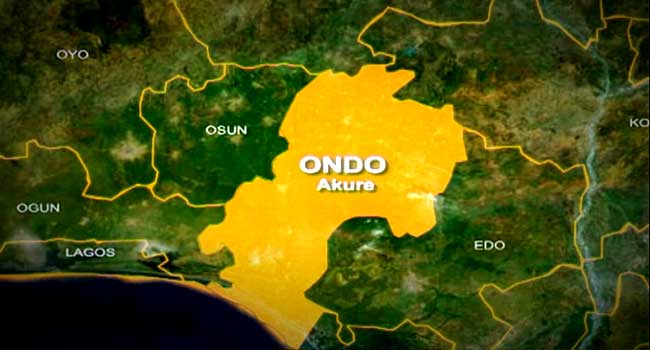
Ondo govt joins Benue, Edo, Imo to ban graduation ceremonies for nursery, JSS 3 students
The Ondo State Ministry of Education has banned graduation ceremonies for nursery and Junior Secondary School (JSS 3) students, citing financial pressures on parents and the need to reposition the education sector.
Igbekele Ajibefun, Ondo State Commissioner for Education, Science and Technology, made this known during a meeting with private school owners in the 18 Local Government Areas of the state in Akure on Wednesday.
Mr Ajibefun said the government has also prohibited the sessional changes of text books which prevents them from being reused by other students.
He said the state government made the decision as part of ongoing efforts to reposition the education sector by taking deliberate steps to encourage and support private school owners through different policies.
He highlighted the need for strict compliance with Ministry directives, especially regarding the use of recommended textbooks, adherence to the approved curriculum, and observance of the official school calendar and public holidays released by the Ministry.
He said private schools operating without approval will no longer be tolerated, saying a six-month grace period had been granted to them to address the issues.
“When you run an unapproved school, you are running an illegal business. This administration will not allow illegalities, and that is the reason we are reviewing it,” he said.
“In the next couple of weeks, the new conditions will be rolled out. All private schools operating in the state must meet minimum standards.”
Mr Ajibefun said a ban has been placed on the exploitation of parents through purchase of new textbooks every year, stating that siblings of a particular pupil can continue to use the same textbook for a period of time.
He also stated that Ondo State government has banned unapproved and foreign curricula without clearance, as well as the use of advanced learning resources that do not match learners’ ages.
He also frowned at underage admissions and admissions without clearance, transfer certificates, records, or transcripts.
Mr Ajibefun also said the state would no longer tolerate schools organising excursions without approval or clearance from the Ministry due to the state of security in the nation.
The commissioner advised private school owners to be circumspect on the issue of making extra lessons compulsory after normal classes.
The commissioner also mentioned that the process of digitising all schools in the state is in progress, noting that all students in the state primary and secondary schools would soon be migrated to digital platform of the Ministry of Education.
He warned that the state would not go below the minimum standard, noting that any school that cannot meet the “irreducible minimum” should find another business.
The private school owners appreciated the commissioner and the state government for the intervention but pleaded for more time for the accreditation of schools and also advised the government to reduce bureaucracy in dealing with private schools in the state.
Parents have repeatedly complained of the excesses of private schools in organising graduations in the face of harsh economic realities.
The decision by Ondo State aligns with similar moves by Edo, Benue, and Imo states, which had earlier banned graduation ceremonies for nursery and junior secondary schools.
While many parents have welcomed the measure as a relief from unnecessary financial obligations, some pupils are disappointed at the prospect of missing the fanfare and excitement that typically accompany end-of-session graduations.
The debate reflects the tension between fun-seeking children and cost-conscious parents, with the state government standing firm on its position that education must prioritise learning and discipline over ceremonies and pageantry.